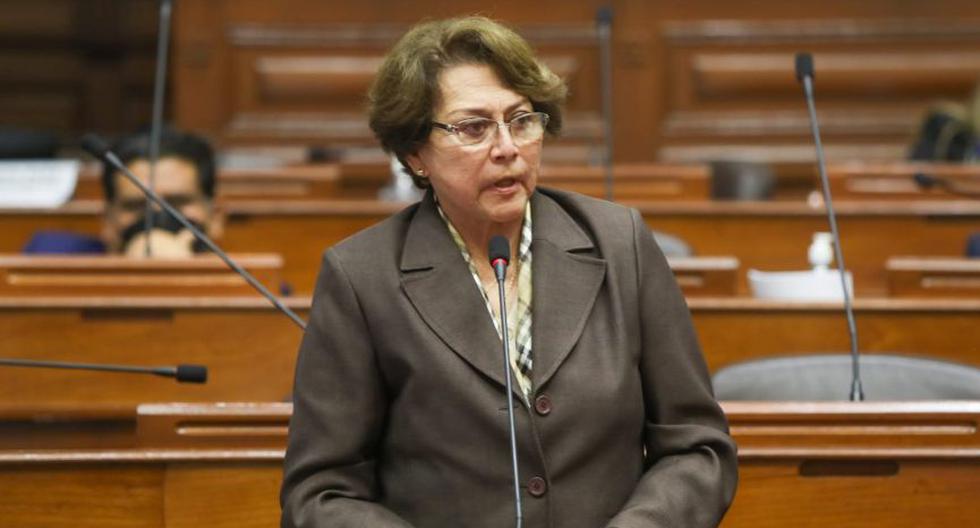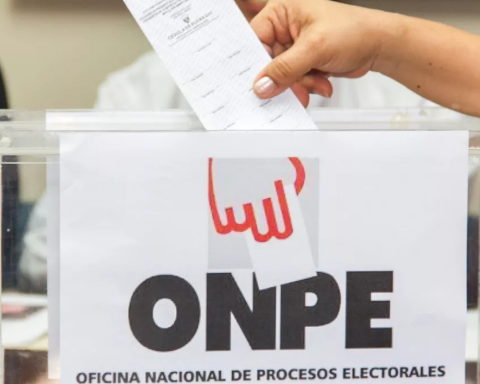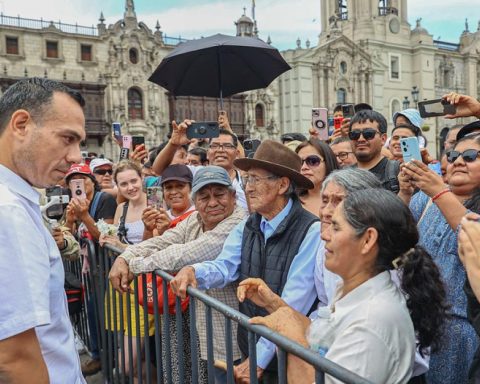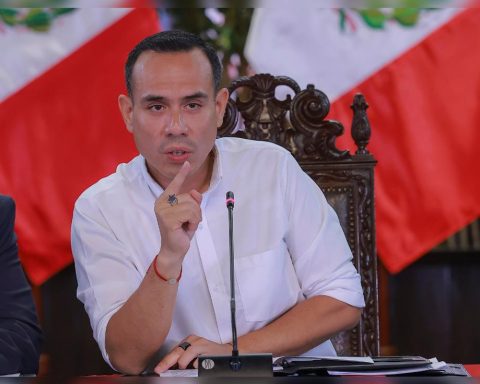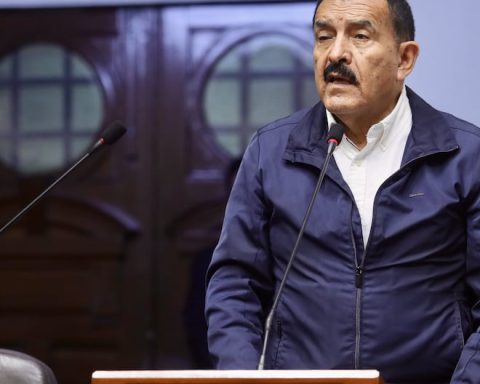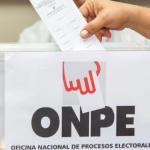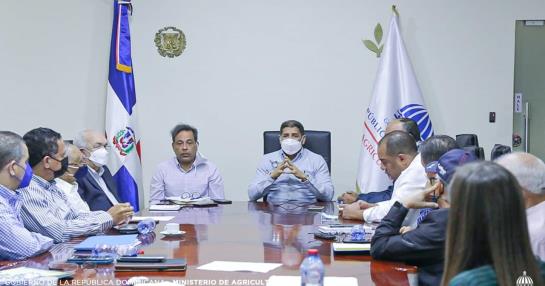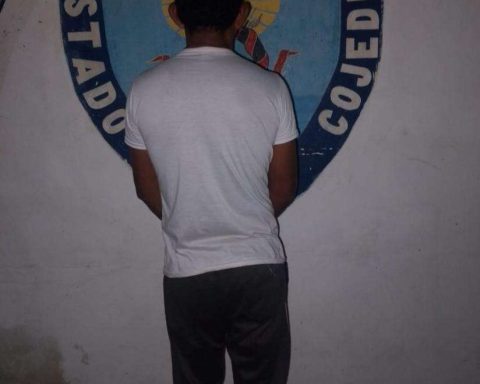The Press and Society Institute (IPYS) rejected the bill that has approved the Congressional Justice Commission and that raises the possibility that journalists could be sentenced to prison for reporting on the testimonies of effective collaborators in investigations of the Public Ministry.
In its pronouncement published this Monday, February 21the institute recalls that this opinion approved by the working group chaired by Gladys Echaíz (Alliance for Progress) includes the criminalization of journalistic work to the point of making it possible to punish them for reporting on accusations.
IPYS points out that most of the information published of this type comes from confidential sources and is of public interest, which protects its dissemination with the right to freedom of information.
SIGHT: Attorney Javier Pacheco: “serious evidence” against Zoraida Ávalos must be investigated
“IPYS understands the importance of maintaining the confidentiality of investigative processes in the justice system, but the eventual punishment for the violation of this confidentiality must be directed at those who are obliged to protect it and not at the journalistic messenger,” they warn.
The institute also highlights that no tax investigation has established responsibilities for the violation of the reservation of effective collaboration processes despite the constant questioning against this figure.
“The confidentiality of the investigations should not be total but case by case, and leaks per se should not be punished, not even the interested or partial ones, but rather those that generate demonstrable damage to the objectives of the process or the safety of those investigated. ”, considered IPYS.
Changes to Effective Collaboration
In January of this year, the Justice Commission, headed by former prosecutor Gladys Echaíz, proposed making changes to the personal and criminal procedure code, in such a way as to establish that effective collaboration processes must be carried out within a period of eight months from the application until the conclusion of the agreement or its refusal; and may be extended for up to four more months for just cause and eight more months in cases of organized crime.
It also provides that the aspiring effective collaborator can only meet with the prosecutor in charge of the case in the presence of his lawyer.
The project also establishes the punishment of imprisonment for not less than four years nor more than six to anyone who “unduly reveals, provides or disseminates, in whole or in part, directly or indirectly, the identity of an effective collaborator or the content of their statements, at any stage of the investigation or the process.
